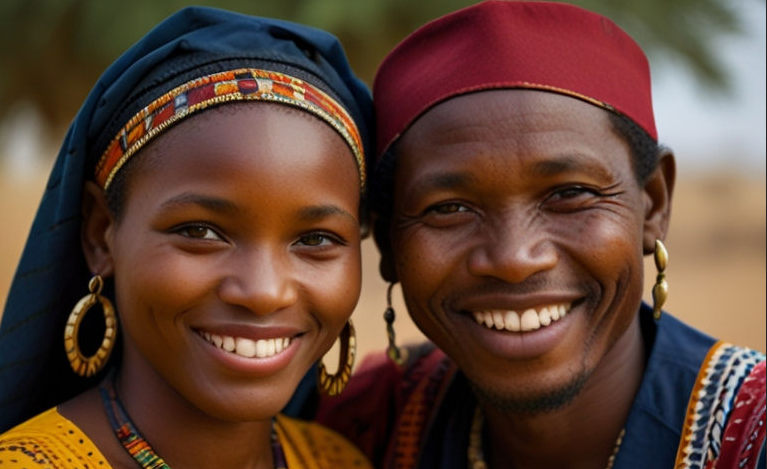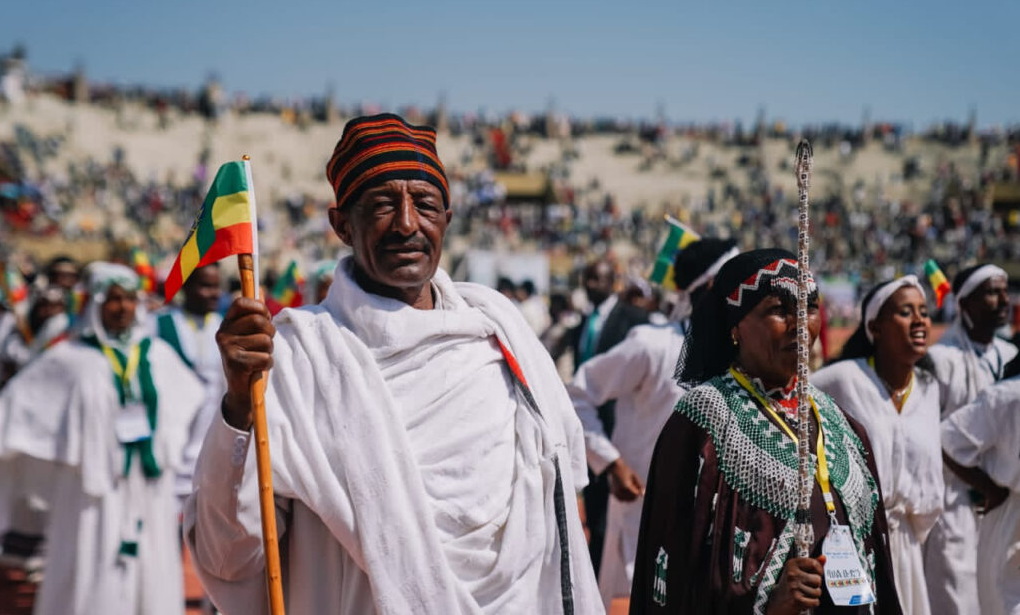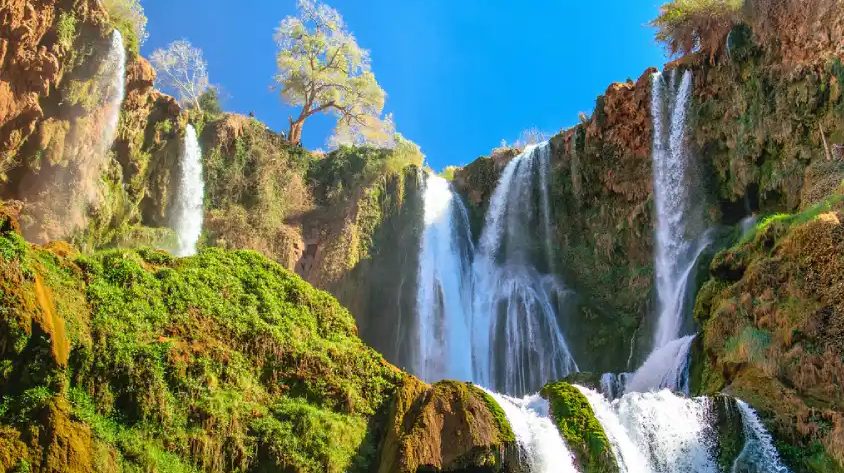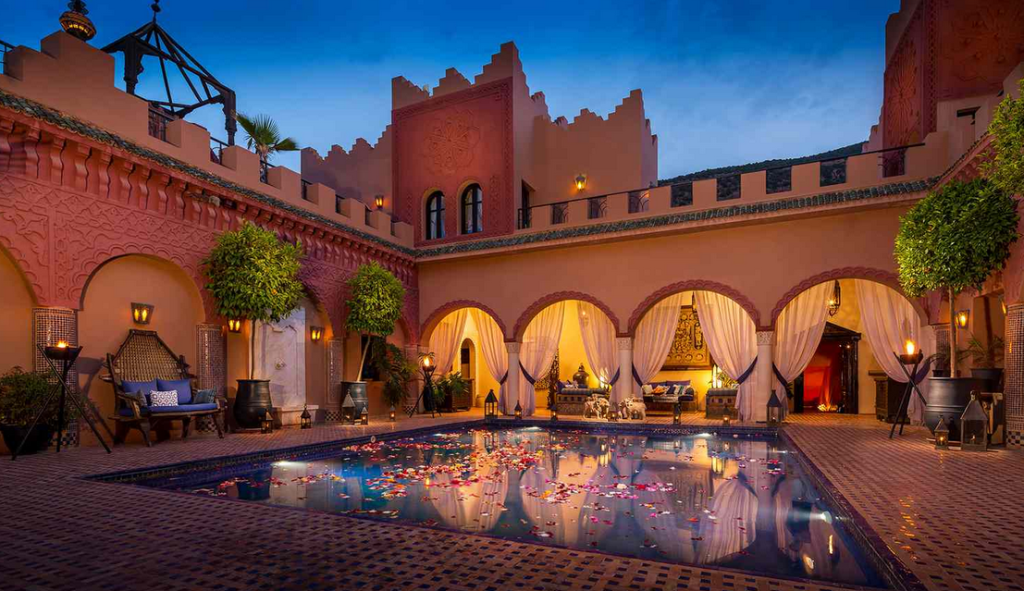Location
Zimbabwe is a nation in southern Africa that is landlocked and was originally known as Southern Rhodesia (1911–64), Rhodesia (1964–79), and Zimbabwe Rhodesia (1979–80). Its official name is the Republic of Zimbabwe. It is bordered on the west and southwest by Botswana, on the north by Zambia, on the northeastern and east by Mozambique, and on the southern by the Republic of South Africa. The length of its southern border with the Republic of South Africa is 125 miles (200 kilometers). Harare is the nation’s capital. After a significant duration of colonial rule and a 15-year period of white-dominated minority rule, which was instituted after the minority regime’s so-called Referendum On independence (UDI) in 1965, Zimbabwe accomplished majority rule and was recognized as independent by the international community in April 1980. This came after a long period of colonial rule.
Language
Shona, which is spoken by more than 70 percent of the country’s population, and Ndebele, which is spoken by around 20 percent of the country’s population. English is the de facto national language, as evidenced by its prevalence in governmental and commercial settings as well as educational institutions, where it serves as the primary language of instruction.
Climate
Zimbabwe, which is located to the north of the Tropic of Capricorn, is wholly contained within the tropics yet benefits from conditions more typical of the subtropics as a result of its high average altitude. When monsoon winds that have traveled over the Indian Ocean and Mozambique come into contact with the rampart that is created by the eastern highlands, they cause severe orographic rains. These hot, dry months stretch from August through October. Because of this, the eastern portions of the nation get the highest rainfall and have a longer rainy season than the rest of Zimbabwe (it lasts from October to April). During the months of May through August, the high altitude of the vast plateau in western Zimbabwe helps to assure that the weather will be pleasant there. These winter months are often chilly and dry.
History
It is thought that the San people were the earliest inhabitants of the land, and they arrived there about the year 200 B.C. The Bantu people and the Shona people were the first to arrive, and then the Nguni and Zulu tribes arrived after them. Around the middle of the 19th century, a group of people who named themselves the Ndebele and were descended from the Nguni and Zulu tribes founded their own empire in the country.
In the year 1850, the British army invaded and quickly captured the nation, turning it into a colony under their control. Cecil Rhodes, who was a member of the British South Africa Company, inspired the naming of the nation Rhodesia. Soon after, it was renamed Southern Rhodesia, and in 1923, the European immigrants in the area had a referendum on whether or not to join the British Empire as a self-governing colony. Following the conclusion of World War II in 1963, voters in Northern Rhodesia (now known as Zambia) and Nyasaland (now known as Malawi) cast their ballots in favor of independence, while voters in Southern Rhodesia opted to continue to be governed as a colony.
After a period of two years, the white minority in Rhodesia announced the country’s independence from Britain. Two years later, in 1970, Rhodesia became a republic for all intents and purposes. The white minority of Rhodesia, led by Ian Smith, has remained in control of the government, and they have opposed the demands made by the Black Africans, which has led to anarchy and conflict. In 1978, the White Minority reached an agreement with the Black Majority to transfer power to the latter; nevertheless, Smith would continue to serve as the country’s Prime Minister.
After a period of two years, in the year 1980, the White Minority came to the conclusion that the best way to resolve national concerns was to conduct multiracial elections. As was to be predicted, the candidate representing the Black Majority, Robert Mugabe, emerged victorious in a resounding triumph. On April 17, 1980, the nation officially changed its name to Zimbabwe and celebrated its independence from Great Britain.




